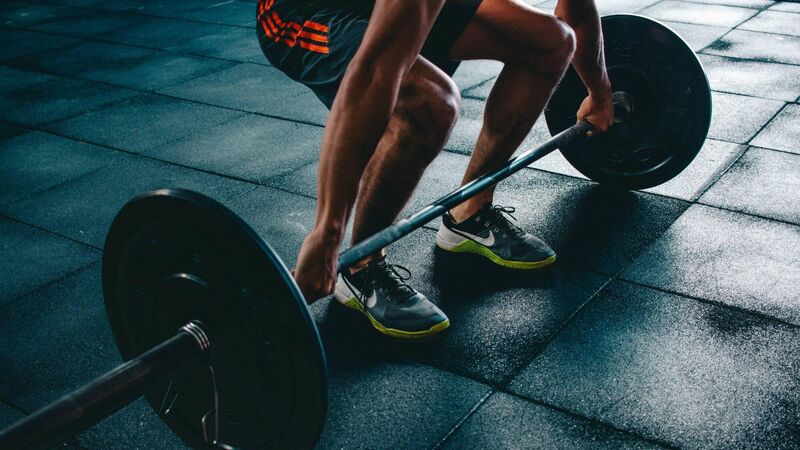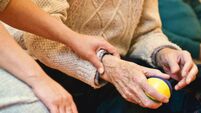Lifting weights helps older people tackle insomnia, research suggests

Between 30% and 48% of seniors complain of sleepiness while 12–20% have insomnia problems. File picture.
Research suggests that lifting weights helps older people beat insomnia.
Experts found that resistance or muscle-strengthening exercises – such as lifting dumbbells or using gym equipment – helped cut sleeplessness.













